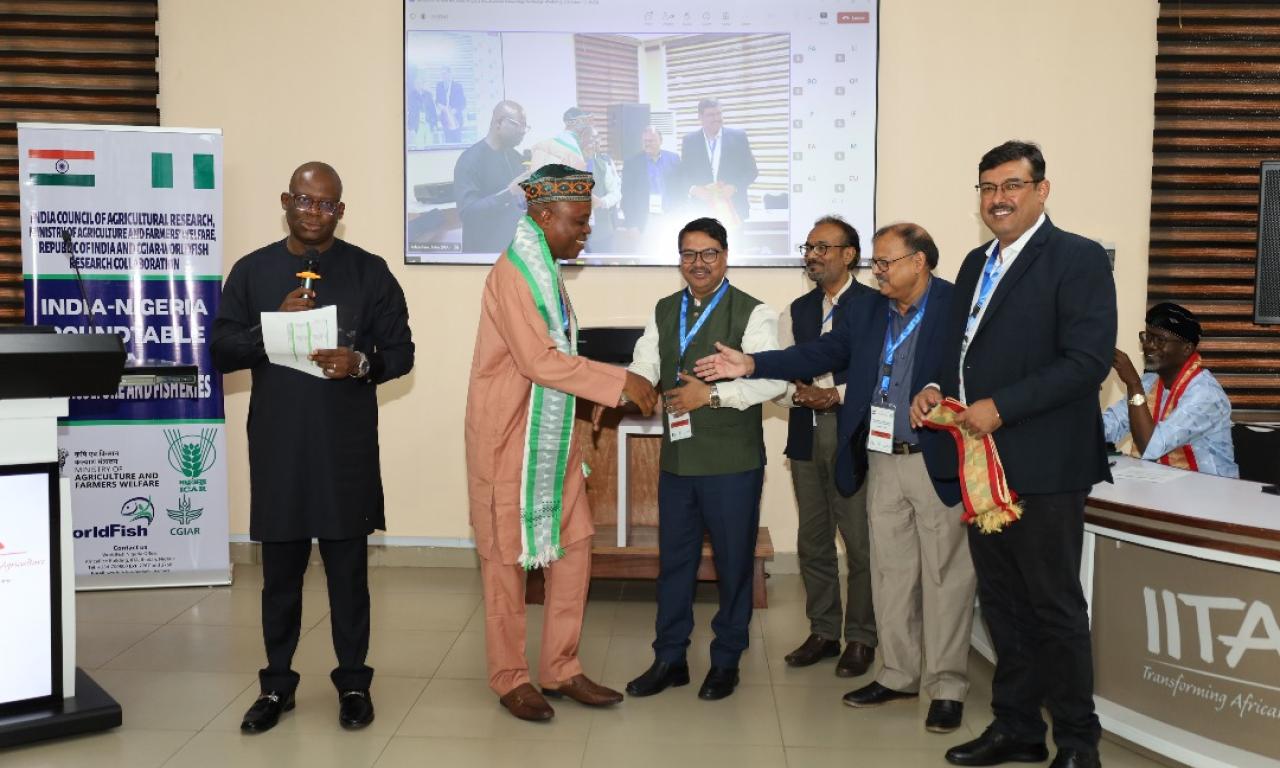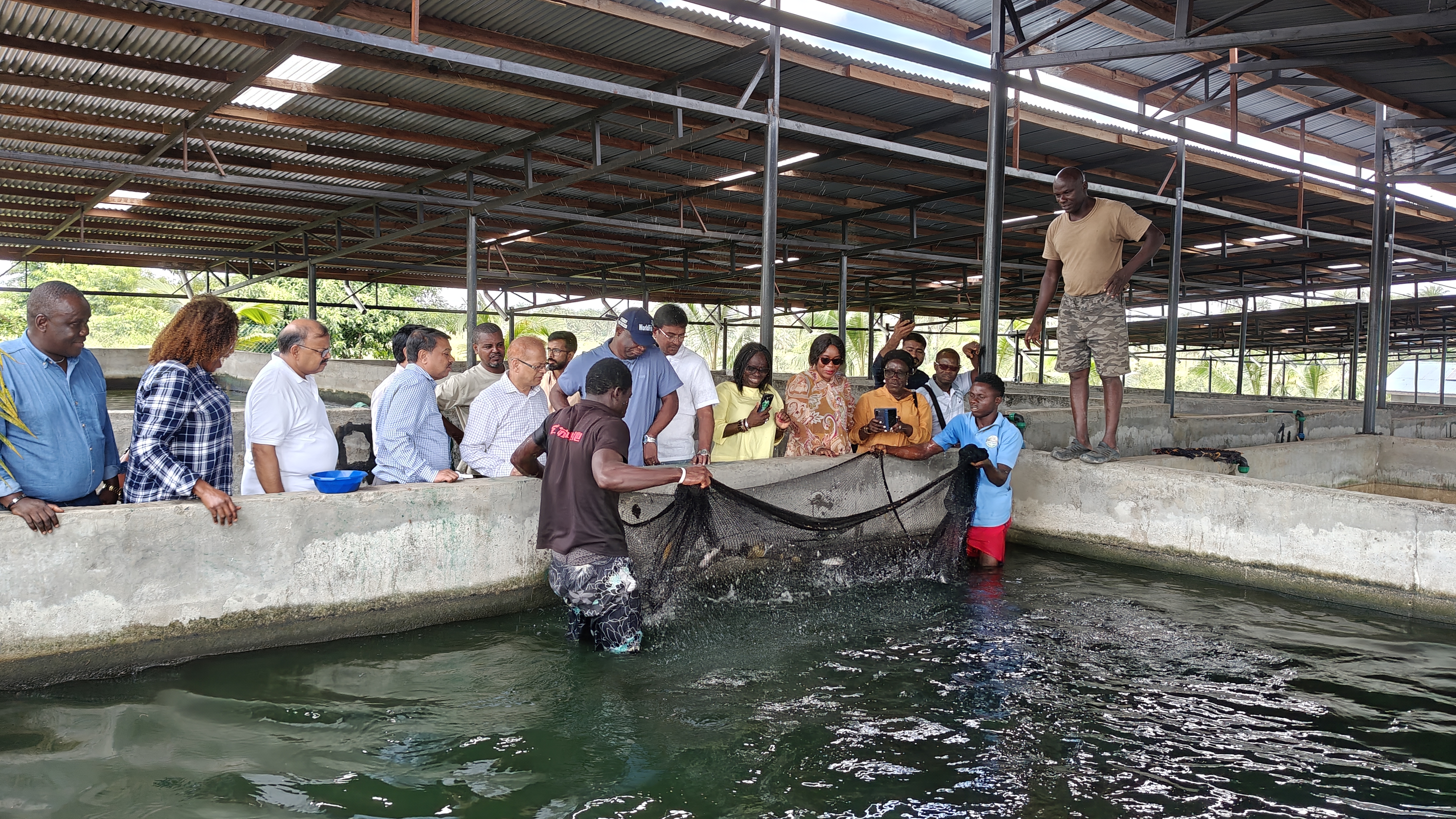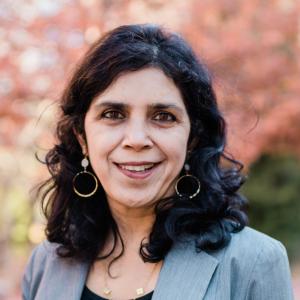
Africa’s aquaculture production has grown 5.6-fold in just two decades, yet the continent produces less than 2 percent of the world’s farmed fish, while Asia accounts for more than 90 percent global production. Africa, the storied land of rivers and lakes, has an opportunity to not just catch up but leapfrog its fisheries sector, so it can unlock its vast potential for improving livelihoods, job creation, nutrition and environment sustainability.
Aquaculture is the fastest food producing sector globally today. According to the World Bank, the sector is on track to become a $1.5 trillion dollar economy by 2050.
In Africa, harnessing this opportunity could be transformative, particularly for its burgeoning youth population. Research on the future of aquatic foods in Africa projects creation of an estimated 22 million jobs by 2050 under business as usual, while under a high-growth-scenario with greater investment, Africa stands to gain 58 million jobs.
In a bold move forward, India is stepping up its role globally to partner with Africa in the continent’s aquatic food sector’s growth journey, joining hands with WorldFish.
India ranks as the world’s second-largest producer of aquatic foods, contributing 8 percent to the global production. It has a wealth of experience and technical expertise other countries can leverage in meeting their ambition for growing their blue economy.
Over a period of a week, October 6–12, WorldFish, leveraging its partnerships and programs in Africa, and in collaboration with the Indian High Commission in Sierra Leone, brought a high-level delegation from the Indian Council of Agricultural Research (ICAR) together with policymakers, researchers, private sector players, and practitioners in Nigeria and Sierra Leone to exchange knowledge and explore opportunities for collaboration on their respective sustainable aquaculture growth.
The Indian delegation, led by Dr. Joykrushna Jena, deputy director general (Fisheries Science) of ICAR, included senior experts from India’s Ministry of Agriculture & Farmers’ Welfare and the ICAR-Central Institute of Freshwater Aquaculture, along with WorldFish India Representative, Dr. Arun Padiyar.
The roundtable discussions were accompanied by field visits to fish farms, cage aquaculture farms, hatcheries, feed mills and fish processing factory in both Nigeria and Sierra Leone for India to gain first-hand understanding on the aquaculture practices in the countries.
Roundtable in Sierra Leone
In Sierra Leone, the roundtable discussion was co-chaired by its Minister of Fisheries and Marine Resources, Her Excellency Princess Dugba and India’s High Commissioner to Sierra Leone, His Excellency B.C. Pradhan.
The Minister welcomed collaboration with India and highlighted Sierra Leone’s priorities around developing freshwater aquaculture in its inland valley swamps and mariculture of oysters, shrimp, seaweed and commercial marine fish species.
ICAR shed light and experience with its advanced aquaculture technologies and private-sector engagement as key to the sector’s growth, while also emphasizing the need to integrate food safety, gender inclusion, and environmental sustainability into growth strategies.

Roundtable in Nigeria
A similar roundtable took place in Nigeria, in Ibadan, Oyo State, with key stakeholders in the sector, including Food and Agriculture Organisation (FAO) Country Representative in Nigeria and the IFAD-supported national program project coordinator for Livelihood Improvement Family Enterprises in Niger Delta.
The FAO Representative to Nigeria and ECOWAS, Dr. Hussein Gadain—represented by Dr. Usman Abubakar—emphasised youth-led aquaculture enterprises as a priority for Nigeria and the need for public-private sector partnerships to unlock investments, along with innovations for quality seed, fish feed and environmental sustainability.
For WorldFish Nigeria Country Representative, Dr. Charles Iyangbe, the roundtable opened a strategic platform for the two countries on potential alignment for transforming Nigeria’s aquaculture landscape.
“India has made impressive progress in developing a vibrant aquaculture sector and Nigeria possesses enormous potential to follow a similar trajectory. This engagement is a start to identifying investment models, innovation pathways, and institutional linkages capable of driving inclusive sectoral growth,” according to Iyangbe.
A Promising Start for India–Africa–WorldFish Collaboration
The roundtables in Sierra Leone and Nigeria explored the respective enablers and barriers in terms of policy, private sector participation, access to finance, infrastructure, markets and technology adoption.
For Padiyar accompanying the Indian delegation, the India–Africa–WorldFish roundtables were a significant step forward, aligning science and technology with economic opportunity and political will.
“The India–Africa–WorldFish roundtable dialogs are part of WorldFish’s broader South–South collaboration initiative to accelerate sustainable aquatic food systems transformation in countries. WorldFish is optimistic and committed to providing support to involved countries in moving these dialogs to a more concrete roadmap for collaboration on technology transfer and capacity sharing.”
Through projects such as the UK-funded Asia–Africa BlueTech Superhighway (AABS), WorldFish is already leveraging South-South collaboration to adapt and scale innovations, technologies and market systems that are promoting sustainable aquatic foods production and value chains across Kenya, Nigeria, Mozambique, Tanzania and Bangladesh.
The India–Africa–WorldFish Aquaculture Roundtables in Sierra Leone and Nigeria also drew strong media attention, with coverage from Channels Television, Leadership, the Indian Council of Agricultural Research, Sierraloaded, Agribusiness, and Vanguard.
This India-Africa South-South collaboration activity was undertaken as part of the longstanding ICAR-WorldFish collaboration program funded by ICAR and with additional funding support from CGIAR Capacity Sharing Accelerator.
